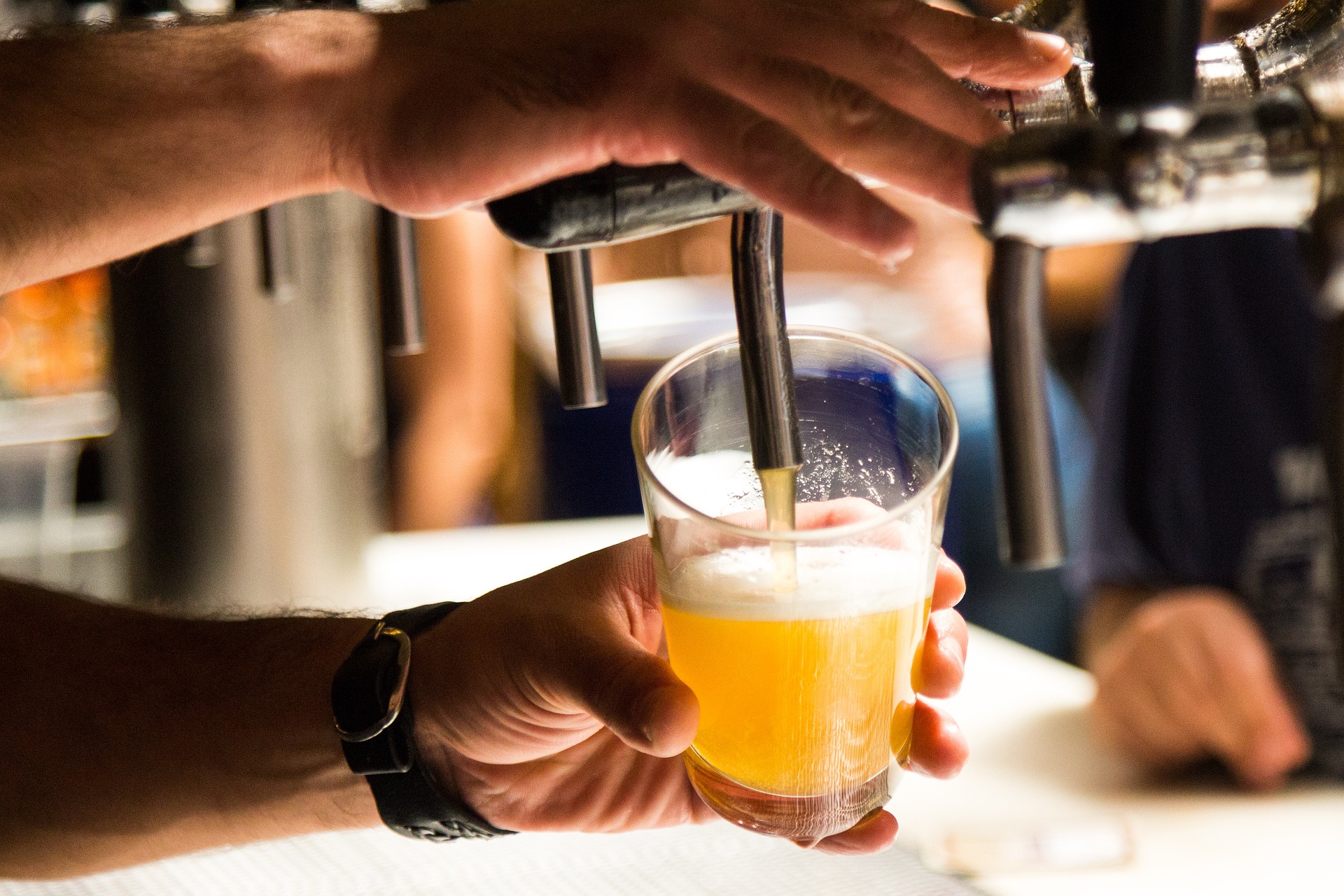
Malt industry in Europe struggles to stay afloat
With production costs soaring due to the sanctions-fuelled crisis and the brutal energy price hikes, beverage manufacturers in many places are struggling for survival. Brewers are in the biggest of troubles, and in some countries a growing number of them are forced to close up shop for an indefinite time period.
Malt is the main component of beer, giving it its taste and colour. It is a by-product of the partial germination and drying of cereals, mainly that of barley. France, Europe’s largest exporter, exports 85 per cent of its production to the EU, Africa, Asia, and South America. One in five beers consumed worldwide is made from French malted barley.
The sanctions-related crisis and the energy crisis has delivered a severe blow to France’s malt industry, as brewers’ production costs, for instance, have risen sharply due to the rising price of raw materials, packaging and transport.
Manufacturing processes require a lot of energy, of which around 80 per cent is gas. At the same time, the price of gas has doubled, and even tripled this year in Europe. Apparently, the French government is not fully aware of the magnitude of the threat the malt industry is facing, nor does it know what consequences its collapse would entail, industry leaders warn. They say if the government fails to provide help urgently, France’s competitive edge on the international market would gradually disappear, giving way to the expansion of US rivals in particular.
“What is certain is that a solution must quickly be found to enable us to get out of this situation. Our American and Asian competitors do not have to bear the same soaring energy costs as Europeans. With the price of maritime transport falling and a euro/dollar exchange rate which is no longer favorable to us, we will very soon no longer be competitive in our traditional export markets,”
the Les Malteurs trade union has explained in a statement.
Beverage manufacturers in Germany are also fighting for survival, but the main problem there is an unprecedented shortage of carbon dioxide. Smaller breweries, for example, are already feeling the pinch and are being forced to reduce their production, while elsewhere quite a few breweries have already closed down. Carbon dioxide is needed, among other things, to carbonate the beer, but also to expel air from the bottle. Breweries mainly use the carbon dioxide which forms during the production of fertilizers, but if that is reduced, there will be less of the gas as well.
Besides the small breweries, the larger ones are also suffering. The managing director of the Waldhaus brewery, for example, expects costs to increase by ten per cent in comparison to his turnover, which translates into an additional cost of more than 1 million euros. Breweries are hoping that politicians will be supportive and customers understanding, as they are forced to raise prices.
Tags:

